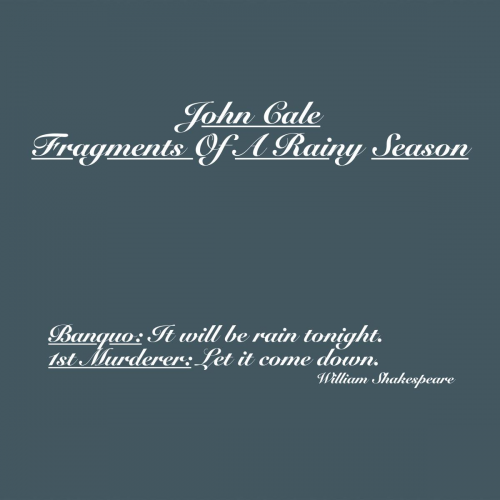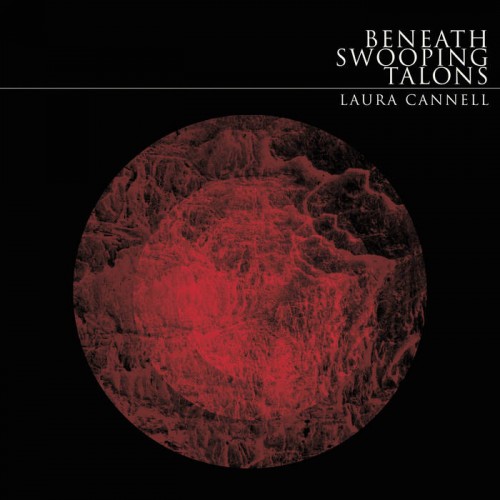Add in some extremely stunned-sounding female vocals, the intricate interplay of banjos and guitars doing their level best to escape the Western orbit on a lolloping percussion groove and what soon becomes obvious is that – what with all the backmasked Easternish words and scales – Black Dirt Oak are on a trip to gods alone know where, probably without much of a route map beyond that which they scribbled on an Indian restaurant napkin (lemon-scented, naturally) after the munchies got too much and they really needed a banquet or two to revitalise them for the ascent towards inner space and/or until they achieved Nirvana, musically or otherwise.
That’s another way to look at this record – as the sort of album which inspires paragraph-long sentences with plenty of parenthetical observations, because that’s a bit what it’s like: a run-on continuation, a mulligatawny hotchpotch hotpot of cod-Raga groove, served up spread generously with effects and smeared across the tapeheads (metaphorically or otherwise) until the listener doesn’t know what decade it is. Did Amon Düül (I or II) really ever make that evening lounge album with Zakir Hussein or not, they might ask; and will chickawacka guitar slumber parties catch on with the kids this year, next week or when the electricity switches polarity (or maybe voltage) in the middle of a song? And just how far out can a crooning vocal go on a hip machine-beat limb exactly before the sun comes down and swallows the earth as a vast serpent devours its own coruscating psychedelic tail as the steel strings strum out its epitaph?In other words, music to prompt the purplest of prose, if only because it’s got its eyes on several generational horizons at once, flinging folk-rock tropes out as often as the freak-folk ones while holding hard to the truth that there wasn’t just one musical time and place, but many. This is perhaps most evident in the persistently-recognisable strum, twang and plucks of Nathan Bowles‘ bristling banjo, an instrument which almost always says old time, but here he neglects – quite reasonably – to specify just when or where that might have been.
-Linus Tossio-.




